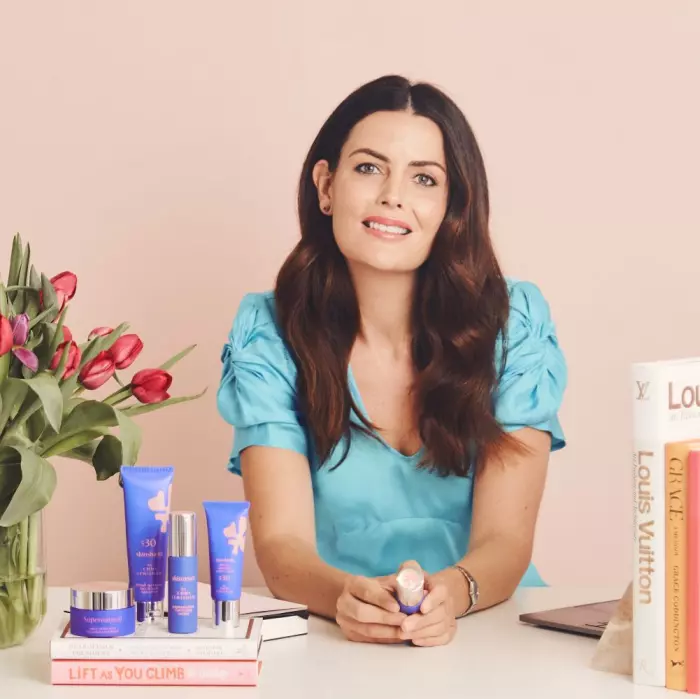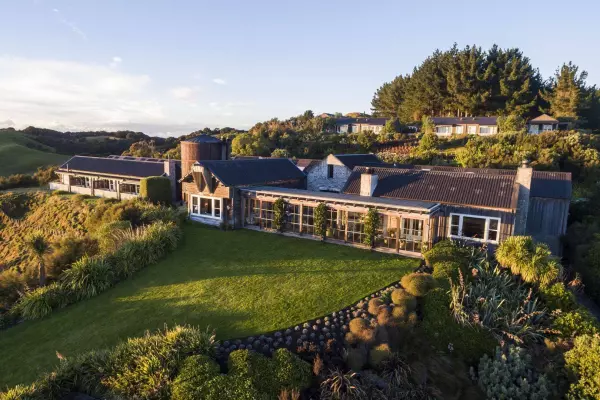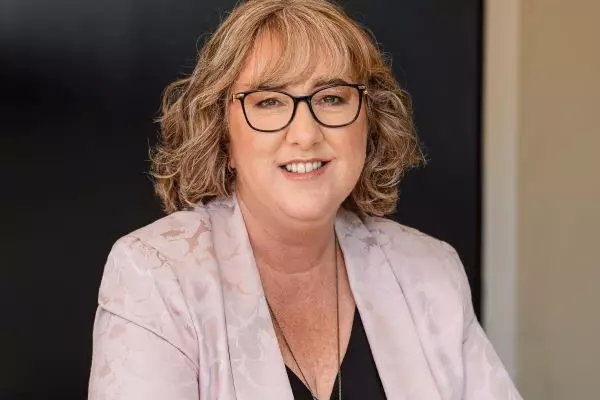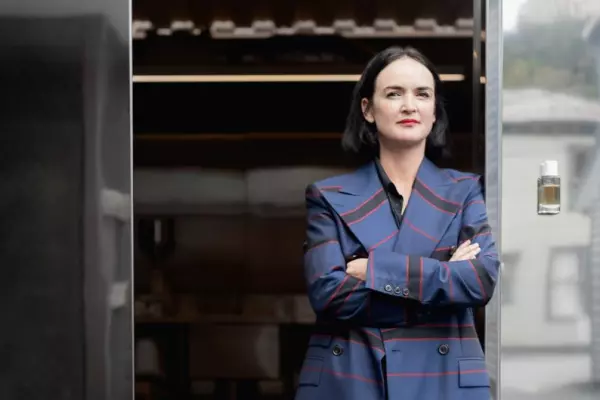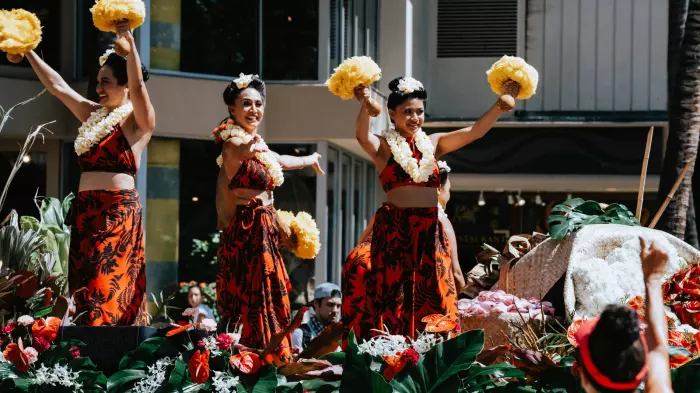The global beauty industry should come clean about a few things. It could begin with the persistent use of digitally altered marketing images, or its thinly veiled age-shaming. Addressing the long list of potentially toxic ingredients is a good place to start. Greenwashing and the ruinous impact of excessive packaging could use some attention. Moves are being made, but all in all, it isn’t a pretty picture.
As Emma Lewisham, Auckland-based founder of her eponymous skincare brand, says, “it’s a take, make, waste” sector.
Lewisham, a former senior strategy and marketing executive for Japanese tech company Brother International, has responded by creating a disruptor – a brand which isn’t afraid to walk buck-naked into a room full of suits, so to speak – with husband Andrew Lewisham and their business partner, Kimberley Morrison.
“The beauty industry is anything but beautiful,” says Emma. “In how it treats the environment, how it treats customers, how it plays on scaremongering and greenwashing. I hope to be a new wave.”
The trio launched their luxury skincare line in New Zealand eight months ago with three products and a promise to give consumers clean, effective ingredients that are responsibly marketed, ethically sourced, sustainably packaged and have as much supply-chain transparency as possible. They have since added three more products.
According to United States research firm CB Insights, the global market for natural and organic beauty products is worth US$22billion a year and rising, so there’s everything to play for – a fact not lost on Lewisham.
“The market was saturated and competitive, but in a different space, not in the natural skincare market, and not at the higher end. We could see phenomenal growth potential in clean, performance skincare,” she says.
“A lot of the bigger brands are sluggish and can’t change their operations quickly – their cost models don’t allow it. I felt this was an opportunity to be a new player and create a new category within the market.”
Worldwide, the beauty industry produces 120 billion units of packaging annually, the vast majority of which aren’t recycled. The New Zealand trio’s brand is boxing clever in creating a 360-degree model – the Emma Lewisham Beauty Circle, an incentive-based programme which encourages consumers to return their finished packaging (from any skincare brand) for recycling through a partnership with Napier-based TerraCycle.
The marketing on the Emma Lewisham website, social and e-commerce platforms feature unretouched images, tapping the consumer mood for authenticity and a pushback on unattainable and unrealistic beauty standards. Lewisham says her campaigns are “real and honest”.
“I don’t want to do any airbrushing. The last campaign we did used natural lighting. I’ve got a big thing about looking at ‘magazine’ images and what that does, the insecurities that can build.
“People genuinely care about these things and they want to see more from brands, for them to be honourable. Consumers respond well to it.
“The beauty industry teaches us to want more, more, more, and I don’t believe that. I don’t want to work in a space where we offer products that people don’t need.”
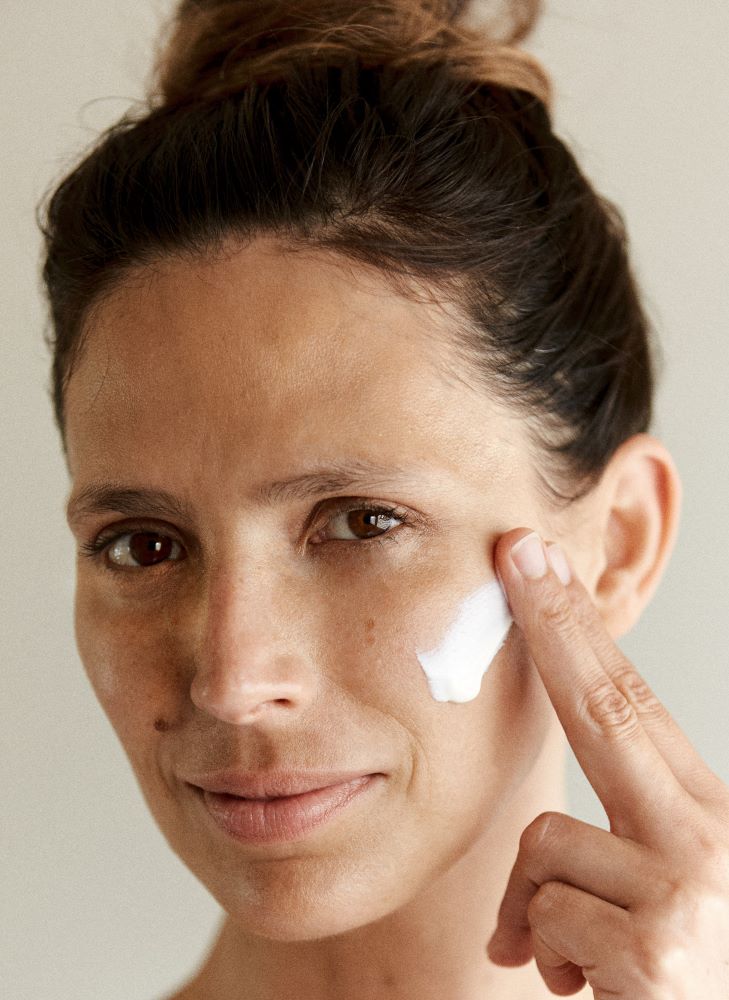 An Emma Lewisham marketing image
An Emma Lewisham marketing image
The team’s ethos has found a sweet spot. They’ve scooped their first award, and word-of-mouth is positive. Lewisham says that already, 25 percent of their orders are from Australia.
All this transparency is a brave move for a small player in an industry that relies so heavily on appearance – cosmetic companies who state clearly on their website where they need to improve are, unsurprisingly, in the minority.
“We currently have 80 percent traceability on our products and we’re looking to achieve 100 percent against animal testing, chemical use and our impact on biodiversity,” says Lewisham.
“It will mean we’ll have to take out ingredients which don’t hit that standard, but we’re good with that, and we’ll be putting that information out later in the year.
“We prioritise organic ingredients because that is the best standard. We can’t get all our oil from organic suppliers, but we want to be upfront about that. I want to be accurate in my statements.”
Lewisham has blacklisted more than 1400 ingredients from her product line, which is formulated by Auckland-based Shieling Laboratories. These include hydroquinone (used to treat pigmentation; in New Zealand, it’s available only on prescription), formaldehyde and perfluorooctanoic acid (also used in stain-resistant carpets and non-stick cookware). Ingredients are benchmarked against the Skin Deep database of the US-based Environmental Working Group, a not-for-profit, non-partisan organisation which aggregates information from 60 toxicity and regulatory databases and safety-rates the components against studies looking at links to endocrine disruption, organ toxicity and carcinogenic impacts.
New Zealand takes its regulatory lead from overseas markets, but with no global governing body, these are murky waters to navigate. As of May last year, the European Union had banned more than 1300 cosmetic ingredients, whereas the US had banned only 11, which creates a buyer-beware scenario.
“If there’s one thing I want people to know it’s that they need to take ownership of what’s in their skincare,” says Lewisham. “We trust what we buy off the shelf because we think if it’s there, it must be safe, but you’re putting your trust in the country of origin’s regulations.”
In short, Lewisham and her team are looking to turn the beauty industry on its head. She wants to see more major brands working harder for the good of the consumer and the environment – to front up about their supply chains and ingredients and engage in sustainable and ethical business practices.
“We don’t have a non-disclosure agreement around our work because I want this to be a collective effort,” she says. “I’m open for our information to be shared with other beauty brands.
“We have to be commercially successful, but on par with that is making a difference in the industry through sustainability and health. Those are the three things that sit at the table with us.”


